Niall Williams
The Fall of Light
For my father,
Who first brought me to the library
Where the stories were
ANTONIO: What impossible matter will he make easy next?
SEBASTIAN: I think he will carry this island home in his pocket and give it his son for an apple.
The Tempest
This is a story that has been passed on. It is a story that begins when my great-great-grandfather was a small boy. It has been told and retold over for a hundred and fifty years. It is not a history. As with all such telling, each has added his own colouring, imagined and created details that were otherwise perished. These same were then forgotten or elaborated upon and others still added until the story itself became a kind of airy bridgework linking the living and the dead, the teller and those of whom it told.
It is the story of a family that is mine. Although its figures have grown outlandish in the telling, and dates and times and places been lost to the inexactitude of memory and invention, I recognize them yet. They are the Foleys. They are the ones that lived in this country long ago.
 In an autumn long ago, the Foleys crossed the country into the west like the wind that heralds winter. Where exactly they had come from is uncertain. The familys origins vanish in the lost pages of the countrys history. It was in the County Wicklow, or perhaps Carlow. There was Francis Foley and his four sons. They rode horses through the night, travelling with all their possessions in raggle-taggle fashion, leading a small cart on which lay a large wooden telescope. The midnight creaking of the cartwheels and the clattering of the hooves on the road stirred those who slept on the edges of their beds in thin dreams. The Foleys fled through the fields of Tipperary and across the wide green of all that country until they reached the river. Then they stopped and slept beside their horses beneath the hidden moon of that October, their breaths misting on the darkness like visions and their eyes in sleep seeing the home forever lost to them now.
In an autumn long ago, the Foleys crossed the country into the west like the wind that heralds winter. Where exactly they had come from is uncertain. The familys origins vanish in the lost pages of the countrys history. It was in the County Wicklow, or perhaps Carlow. There was Francis Foley and his four sons. They rode horses through the night, travelling with all their possessions in raggle-taggle fashion, leading a small cart on which lay a large wooden telescope. The midnight creaking of the cartwheels and the clattering of the hooves on the road stirred those who slept on the edges of their beds in thin dreams. The Foleys fled through the fields of Tipperary and across the wide green of all that country until they reached the river. Then they stopped and slept beside their horses beneath the hidden moon of that October, their breaths misting on the darkness like visions and their eyes in sleep seeing the home forever lost to them now.
The father did not sleep. He lay back on the cart and unfurled the green blanket to look at the telescope they had stolen from the landlords house, and for which they were now fugitive. He ran his fingers down the polished mahogany and up to the brass rim that held the eyepiece. He did not know its history. He did not know it to be one of the treasures of that science. For Francis Foley it was simply the means by which to see the parts of the universe he would otherwise not see. It was something which he had taken in an act of revenge. Within it lay the limitlessness of space, the way to feel freed from the narrow confines of the history of that country. For amidst the stars there were no landlords.
Francis looked over at his sleeping sons. None of them were yet out of their teens. Teige, the youngest, was twelve years old. As a boy he had grown with a gift for horses. He knew them intuitively. He knew more than men five times his age and yet in sleep lay with the innocent posture of a child who curls beneath the canopy of the night, certain the skies watch over him with goodness. Finan and Finbar, the twins, were sixteen years, simple and distant and still sharing the one soul. While their father watched them they moved in the blanket of a sour dream, first one and then the other kicking at the same frightening vision as if it were a ball and could fly off across the dark. Tomas, at nineteen the eldest, was not quite sleeping. He was already the barrel-chested, flaxen-curled replica of his father. He had the same turn of lip, the same even curve of eyebrow, that gave him the handsome expression of one who knows he is invincible. There was nothing from which Tomas Foley would ever step back. He had his fathers recklessness, that stubborn, indefatigable belief inherited from grandfathers lost that a Foley was as good as anyone and better than most. He did not sleep, he lay and watched his horse sleeping, and when it stirred or a sudden quivering passed along the muscles of its neck, he spoke to it from where he lay on the wet grass until its ease returned and the strangeness of the place was forgotten.
Francis Foley turned from them. He angled himself up in the dark on the cart that held all their possessions in the world. He was a large man in a small time, or so he believed, and his frame made the wagon creak. A tin pot fell free to the ground, and the red fox that was circling through the copse of sallies skirted away. The old man did not pay it any attention. His mind was away. He had lifted and propped the telescope at an angle to the heavens and now stretched and lay sideways so he could tilt his head under the eyepiece. Then he looked up into the vastness of space, watching for the clouds to move and reveal the stars where some imagined all lives were explained.
When the boys woke they watched the dawn like a caress travelling the heavily misted veil of the river valley, and they supposed that they were near the landscape of their new home. Their father gestured them to breakfast, and they stood around the grassy space where they had passed the night and ate hunks of bread. A mist rain was falling softly. Softly the air was moving in opaque windblown patterns that the previous night Francis Foley had convinced himself tasted of the sea. He had never seen the Atlantic. His understanding of the countrys geography was that across the plains of Tipperary the land grew more rocky and wild and the population more sparse. He believed that in the west was a place beyond magistrates and bailiffs and agents, a landscape unruly, shaped by sea storms and where, like many a man whose soul was full, he would find a place to live in that was empty.
But he had not calculated correctly. When he squinted into the mist that obscured the width of the river that morning, he feared that they were not halfway across Ireland.
The country is enormous, he said. He spoke in Irish, his words dropped into the air around his silent sons. The mapmakers have it wrong. It is a plot. They have drawn the country small to make us feel small.
He looked at where he wanted the sky to brighten and urged it to do so with the set expression of his face. He wanted the mist to lift and tried to stare it away, then he asked his sons if they could smell the sea.
The twins sniffed the air and smelled the deer that were not far up the river. Teige looked at Tomas, who was angled forward on his horse, and like him he pressed his face outward to kiss the invisible. He paused a moment, then sat back.
Is that the sea? he said.
The old man did not know. The scent of the morning was not bitter as he had expected. There was no salt in the air, and although he told his sons this was a victory, that their discovery of the size of the country was heartening, his spirit fell with the awareness of his own ignorance. The river Shannon, which on the map in the landlords house where he had seen it was a thin blue line snaking southwest ward to the sea, was that October morning a wide grey swirling torrent whose width was unknown.
If we follow it, we will be too far south. We will cross it, said the father.
He said it and broke away from the breakfast, as if between words and action there was not the slightest room for hesitation or debate. Not the slightest room in which one of the sons might have said, Father, shouldnt we wait and find a bridge? For they knew their father well and lived in the shadow of him like smaller animals. They could not take the bridge for the same reason that they did not cross the country by its main roads, for the telescope would be seen.
None of them could swim. There were three horses, the great chestnut that Tomas rode, the grey gelding upon whose back the twins sat together, and the black pony of Teige. The cart was pulled by a long-haired mule. In the poor rain-light of that dawn, the Foleys rode down to the waters edge. The river ran past them, laughing. The horses caught the flash of the salmon silvering beneath and flared their nostrils and stamped at the bank and were stilled but not calmed by Teige. He dismounted and talked to each of them.

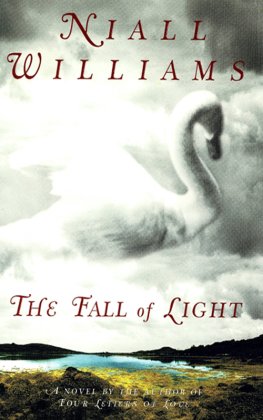
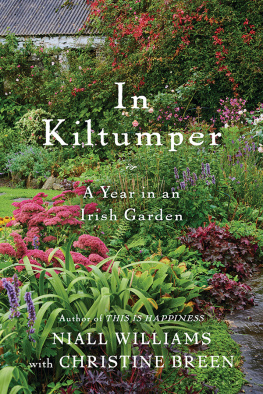
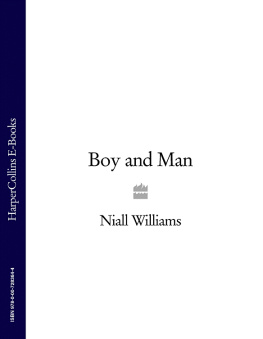
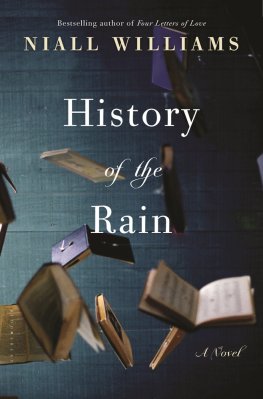
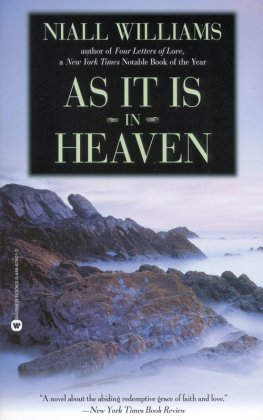
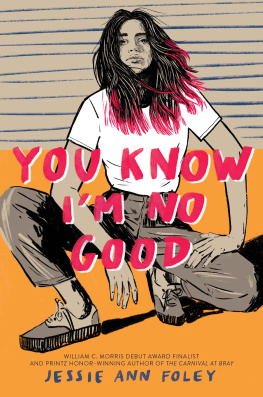
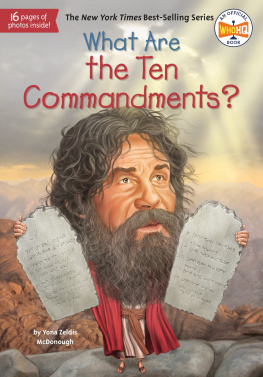
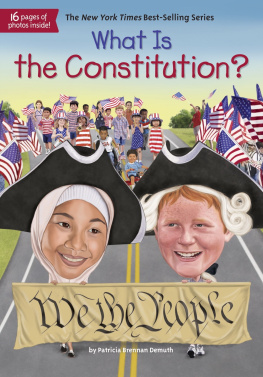
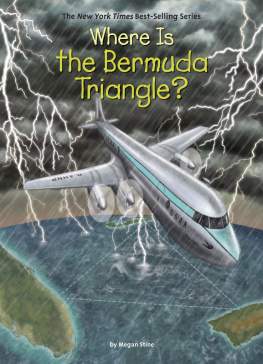
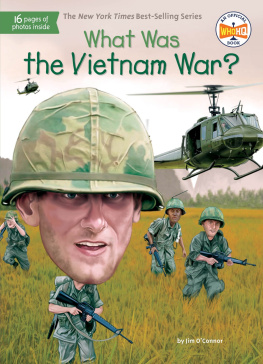
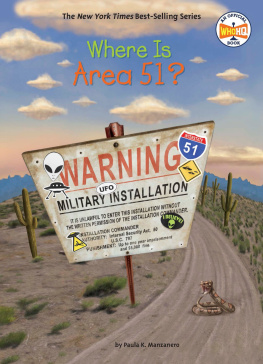
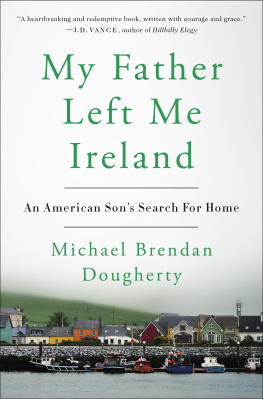
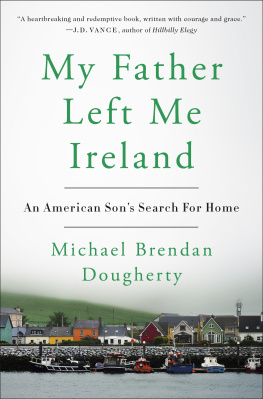

 In an autumn long ago, the Foleys crossed the country into the west like the wind that heralds winter. Where exactly they had come from is uncertain. The familys origins vanish in the lost pages of the countrys history. It was in the County Wicklow, or perhaps Carlow. There was Francis Foley and his four sons. They rode horses through the night, travelling with all their possessions in raggle-taggle fashion, leading a small cart on which lay a large wooden telescope. The midnight creaking of the cartwheels and the clattering of the hooves on the road stirred those who slept on the edges of their beds in thin dreams. The Foleys fled through the fields of Tipperary and across the wide green of all that country until they reached the river. Then they stopped and slept beside their horses beneath the hidden moon of that October, their breaths misting on the darkness like visions and their eyes in sleep seeing the home forever lost to them now.
In an autumn long ago, the Foleys crossed the country into the west like the wind that heralds winter. Where exactly they had come from is uncertain. The familys origins vanish in the lost pages of the countrys history. It was in the County Wicklow, or perhaps Carlow. There was Francis Foley and his four sons. They rode horses through the night, travelling with all their possessions in raggle-taggle fashion, leading a small cart on which lay a large wooden telescope. The midnight creaking of the cartwheels and the clattering of the hooves on the road stirred those who slept on the edges of their beds in thin dreams. The Foleys fled through the fields of Tipperary and across the wide green of all that country until they reached the river. Then they stopped and slept beside their horses beneath the hidden moon of that October, their breaths misting on the darkness like visions and their eyes in sleep seeing the home forever lost to them now.